The Letters of Joe Hill
The Letters of Joe Hill
Centenary Anniversary Edition
Compiled and edited, with historical notes
on the famous Wobbly songwriter
by Philip S. Foner
with new material by Alexis Buss

Originally published as The Letters of Joe Hill, compiled and edited by Philip S. Foner.
Oak Publications, 1965.
This expanded edition features Joe Hills pre-prison writings and his songs, accompanied
by editorial notes, as well as new and significantly revised comments on letters that Hill
wrote in prison. Those comments are marked with the initials AB.
Photograph of Buster Flynn (p. 62) and My Last Will (p. 69) courtesy of the Tamiment
Library, New York University.
Images of letters to Katie Phar (pp. 10, 2021, 31, 3233) reproduced courtesy of the Rare
Book & Manuscript Library, University of Illinois at Urbana-Champaign.
Photograph of Katie Phar (p. 25) reproduced courtesy of University of Washington
Library, Digital Collections.
Postcards to Charles Rudberg (pp. 17, 77, 78) reproduced courtesy of the Archives of
Urban & Labor Affairs, Wayne State University.
Telegram from Joe Hill to W. A. F. Ekengren (p. 61) reproduced courtesy of Swedish
National Archives, Stockholm.
Images from Industrial Worker, Industrial Pioneer, Solidarity, and One Big Union Monthly
reproduced courtesy of Industrial Workers of the World, www.iww.org .
This edition published in 2015 by
Haymarket Books
P.O. Box 180165
Chicago, IL 60618
773-583-7884
www.haymarketbooks.org
ISBN: 978-1-60846-497-5
Trade distribution:
In the US, Consortium Book Sales and Distribution, www.cbsd.com
In Canada, Publishers Group Canada, www.pgcbooks.ca
In the UK, Turnaround Publisher Services, www.turnaround-uk.com
All other countries, Publishers Group Worldwide, www.pgw.com
This book was published with the generous support of Lannan Foundation
and Wallace Action Fund.

Cover design by John Yates.
Printed in Canada by union labor.
Library of Congress Cataloging-in-Publication data is available.
10 9 8 7 6 5 4 3 2 1

 TABLE OF CONTENTS
TABLE OF CONTENTS 
 FOREWORD
FOREWORD 
BY TOM MORELLO
Joe Hill is my favorite musician, though there are no known recordings of him. Joe was The O. G. Punk Rocker, the poet laureate of the working class in the early twentieth century. Joe Hill invented the political protest song for the modern age and was a tireless crusader for justice through his music and his union, the Industrial Workers of the World.
Joe was a brilliant satirical lyricist who fearlessly skewered the oppressors of his day with wit and fire. The issues Hill tackled were not much different than those we face today: extreme poverty, police brutality, economic injustice, criminalized immigration, militarism, racism, threats to freedom of speech, war. The world aint gonna change itself, thats up to you, was the message of Joes music. But Joe didnt just sing songs confronting injustice. He was on the front lines risking life and limb to try to create a better, more just world. Thats why the powers that be were so afraid of him. Thats why they killed him.
Itinerant worker, singer, fighter, badass. Enlightening and inspiring, Joe Hills influence is everywhere. Without Joe Hill, theres no Woody Guthrie, no Dylan, no Springsteen, no Clash, no Public Enemy, no Minor Threat, no System of a Down, no Rage Against the Machine. On tour in northern Sweden, I visited the tiny room in the house where Joe Hill and his family of nine grew up. The place houses a union headquarters now and has union guards round the clock because fascists regularly try to burn the place down. Why? Because one hundred years after his death, theyre still afraid of him. And for good reason. Some of Joes ashes are buried beneath a tree on the property. I sat under that tree and sang I Dreamed I Saw Joe Hill Last Night because, ya see, as the song says, Joe Hill aint dead. Wherever, whenever you raise your voice, your fist, or your guitar in the name of justice and freedom, Joe Hill is right there by your side.
Solid.
 INTRODUCTION
INTRODUCTION 
BY PHILIP S. FONER
In July 1937, when the Industrial Workers of the World (IWW) was only a shell of an organization, the One Big Union Monthly , its official organ, wrote: One of the things the working-class movement is indebted to the IWW for is the teaching of the value of songs in the struggle for emancipation. And to no other IWW songwriter is the working class more indebted than to Joe Hill, the Wobblies most famous and most prolific writer of working-class songs.
Joe Hill was born Joel Hgglund in Gvle, Sweden, on October 7, 1879. His father was a conductor on the Gvle-Dala railroad, a low-paying job. Both parents were talented in music, and the father, to interest the children in music at an early age, built an organ by hand. Joel had a violin, an accordion, and a guitar at home, but preferred the violin, playing the instrument mostly by heart.
Joels father died when he was only eight years old, and four years later Joel began to work for a living, first as a rope maker, later as a fireman in a wood refining factory, and more frequently, at odd jobs. Often sick, he found it difficult to continue working for long periods. During these intervals he occupied himself with his interests in musiccomposing and playing. His first songs were rewrites of hymns, but none of them seem to have had any political or labor content; they were mostly what his sister called teasing songs.
Joels mother died in 1902 and, after selling the family house, he and his brother Paul left for America. For ten years Joel worked at many jobs; during this time he changed his name to Joseph Hillstrom and became popularly known as Joe Hill. He stacked wheat and laid pipe; he cleaned spittoons in a Bowery saloon; he dug copper and shipped it out; he worked on docks and in smelters. And he wrote poems, songs, bits of verse, all kinds of things. In 1910, Joe Hill joined the IWW local in San Pedro, California. A year later, while working as a dock-walloper in San Pedro, he wrote his first known song, Casey Jonesthe Union Scab, a parody of the original Casey Jones song which had appeared two years before. Written to assist the workers on strike on the South Pacific Line who were faced with defeat by the importation of scabs, the song was an immediate success. Printed on colored cards which were sold to assist the strike fund, the song helped keep the strike alive. Within a few months it was being sung by workers in many parts of the country, as migratory laborers carried it across the land.
During the next three years Joe Hill became one of the leading contributors to the IWWs Little Red Songbook, and by 1913 he was the most popular of the little band of poets and songwritersincluding Richard Brazier, Ralph Chaplin, Laura Payne Emerson, Covington Hall, James Connell, and Charles Ashleighwhose works appeared in the pages of the songbook. The Preacher and the Slave, Where the Fraser River Flows, John Golden and the Lawrence Strike, Mr. Block, Scissor Bill, What We Want, and The Tramp were some of the songs by Joe Hill that became famous as soon as they were published. As their titles reveal, Joe Hills songs emerged out of the actual conditions and struggles of the workers, were consciously written to be used as weapons, and were sung on numerous picket lines during the heyday of the IWW. In her tribute to Joe Hill as a songwriter, published in the May 22, 1915, issue of Solidarity , Elizabeth Gurley Flynn wrote:
Next page
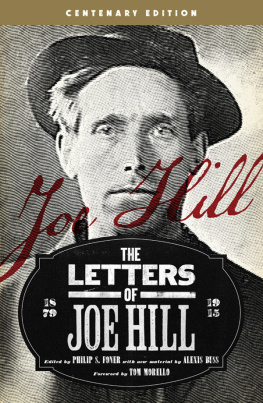
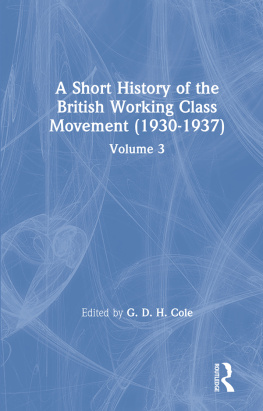
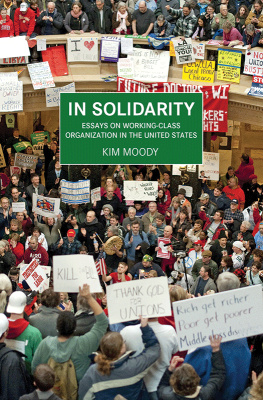
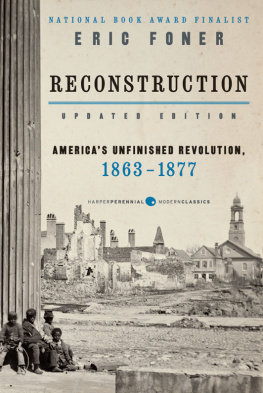
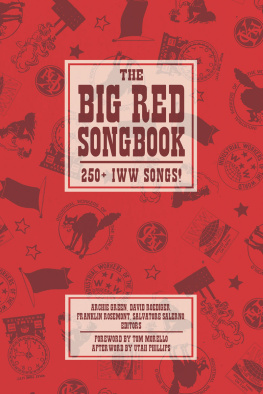
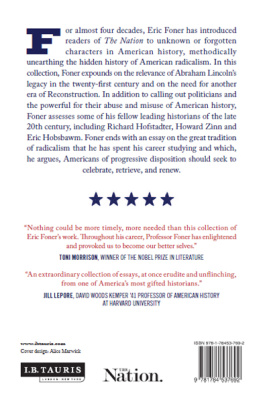
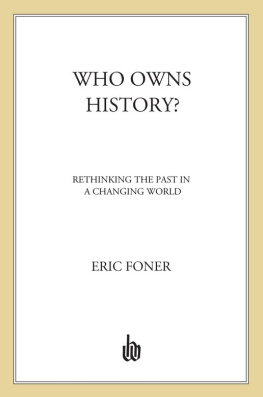
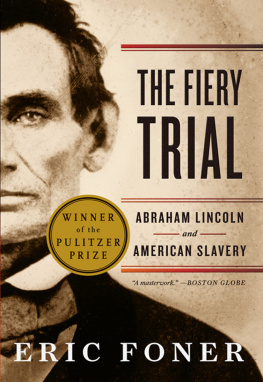

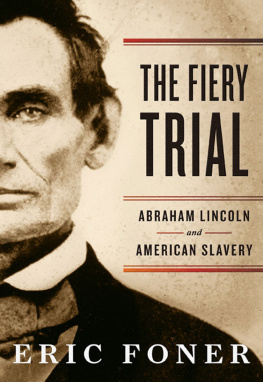
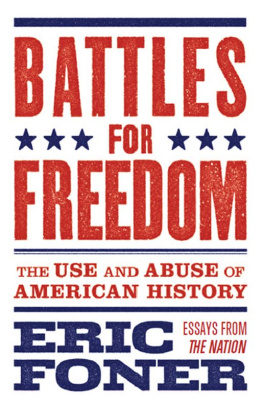
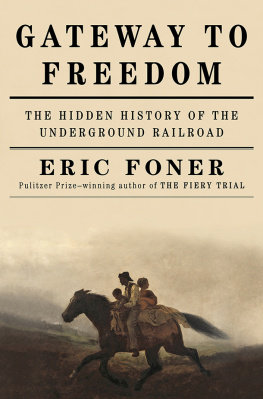



 TABLE OF CONTENTS
TABLE OF CONTENTS 